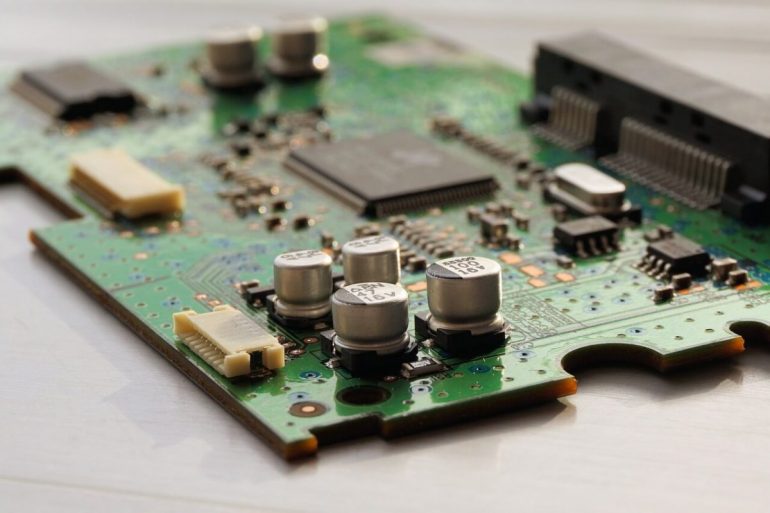Toronto-based Untether AI, recently announced a $13 million USD Series A funding round led by Intel Capital, to help develop an AI computer chip.
The startup is developing a new AI chip made specifically for neural net interface. Untether AI claims it is creating chips that will power future devices that will be able to sense and make sense of the real world environment around them.
“We’re at a historic moment in computing right now. AI is changing the nature of what computers do.”
“We’re at a historic moment in computing right now. AI is changing the nature of what computers do. They can now interact with the real world based on recognizing patterns instead of following procedures,” said Martin Snelgrove, CEO of Untether AI. “These advances in AI have opened up tremendous possibilities for business and technological innovation, but traditional processors are not best suited to this new type of computing.”
He stated that “now is the time to build a new kind of ultra-efficient chip for new frontiers in AI applications,” noting that the technology will ultimately change how everything works in fields such as autonomous vehicles, data centers, mobile, and vision processing
By combining near-memory design with digital processing, Untether AI stated that it has developed what it calls “a groundbreaking new chip architecture for neural net inference.” It claims to reduce the distance data must travel to the absolute minimum. The chip apparently eliminates the cost of moving data to processors, which traditionally dominates energy consumption.
RELATED: A|I: The AI Times – Supercomputers built for AI
Founded in 2018, the company used an undisclosed, “small initial seed investment” to create the prototype for its chip and is now developing it to bring to market.
“[The chip] promises to enable dramatically higher efficiencies and performance for AI accelerators,” noted Dave Flanagan, VP and senior managing director of Intel Capital. “This is a team with decades of experience in chip design, and they’re now developing a commercial product for neural net inference, in an AI inference market that’s projected to grow to $22 billion by 2022.”
This Series A funding also saw participation from other undisclosed investors, and while it wasn’t stated outright, Flanagan hinted that the funding will likely help Untether AI develop its prototype chip into a commercially available product.
Intel Capital, the venture capital, global investment, and mergers and acquisitions arm of Intel Corp, typically invests in startups focused on AI, autonomous tech, data centre and cloud, 5G, next-generation computing, and other “disruptive technologies.” Since 1991, it has invested $12.4 billion USD in 1,554 companies worldwide.
RELATED: Rubikloud raises $46 million Series B from Intel
Earlier this week it announced at its Intel Capital Global Summit, that it had made $117 million USD worth of new investments in 14 disruptive technology startups. The 14 companies spanned a number of countries including China, Israel, the UK, and the US, and included Landing AI, the Palo Alto company created by former Google Brain co-founder, Andrew Ng. Untether AI was the only Canadian company to receive investment.
“The AI inference market is poised for disruption and explosive growth,” said Darrick Wiebe, CTO of Untether AI . “Cloud AI inference has an efficiency problem, automotive AI chips are underpowered, and sophisticated AI at the edge will flatten batteries in no time. By introducing a completely scalable and ultra-efficient inference architecture, Untether AI is uniquely positioned to address each of those market segments with what will be by far the most energy-efficient AI accelerator.”
Feature image via Pixaby

